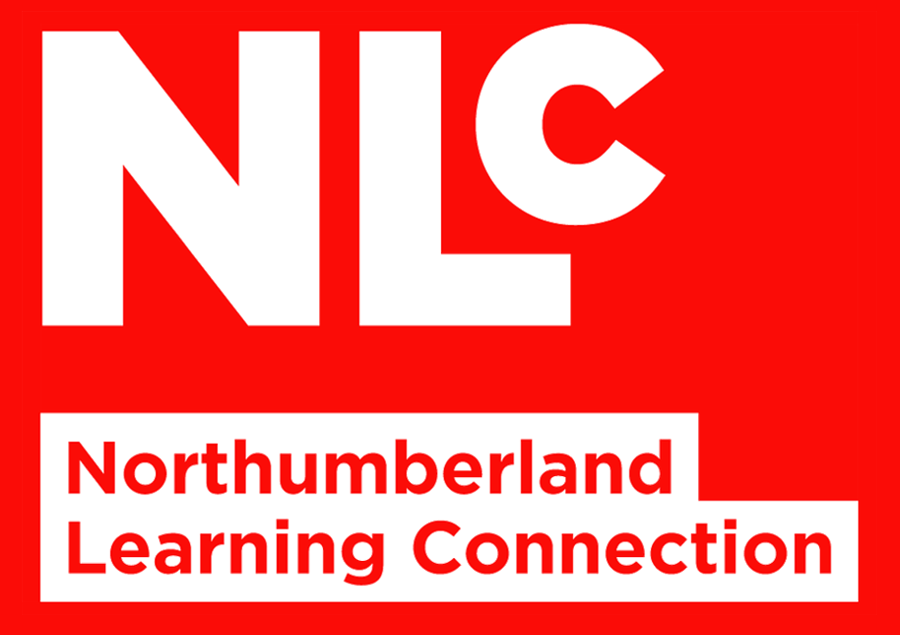The Sea Within
The Great Lakes: Sea Within
March 27 - May 2, 2014
Deep in the heart of North America is a vast inland sea known as the Great Lakes – the largest source of fresh surface water on earth.
Home to 105 million people, 350 fish species and hundreds of millions of migratory birds, the Great Lakes basin is also the fourth largest economic region in the world. Settlement, industry, globalization and climate change have profoundly altered this valuable resource.
What does the future hold?
Northumberland Learning Connection presents a series of ten events, each exploring a different element of the compelling Great Lakes story.
Columbus Community Centre, 232 Spencer St. East, Cobourg
7:30 pm to approximately 9:30 pm
March 27 Facing the Great Lakes Century: Challenges and Opportunities
Matthew Mendelsohn, Director, Mowat Centre, School of Public Policy & Governance, University of Toronto
The Great Lakes have long played a central role in how North Americans live, travel and trade. While this role has changed over time, recent advances in manufacturing, technology, energy and global trade are significant. How can the region demonstrate leadership in international cooperation and resource stewardship?
April 3 Indigenous People of the Great Lakes
Lee Maracle, Distinguished Visiting Professor of Canadian Culture, Western Washington University, and Instructor in the Aboriginal Studies Program, University of Toronto
European settlement on the Great Lakes altered the future of the Indigenous people irrevocably. Starting with pre-contact history, an understanding of this impact is essential to charting Canada’s direction on the world stage.
April 10 The Great Lakes and Canada: A Geographical and Historical Perspective
Bill Anderson, Director, Cross-Border Transportation Centre, University of Windsor
For centuries, geography and politics have positioned the Great Lakes as both territorial unifiers and dividers. In the 20th century, the region was an industrial powerhouse with largely independent Canadian and American components. Since then, cross-border cooperation has brought about an integrated, mature industrial region.
April 17 The Great Lakes: Restoring a Threatened Resource
Mary Muter, Vice Chair, Restore Our Water International and Chair, Great Lakes Section, Sierra Club Canada
Water level ranges on each of the Great Lakes have been modified to improve the transport of iron ore, coal, and other goods, and to produce plentiful and clean hydropower. These changes have had huge regional benefits, but they have reduced biodiversity. How can this trend be reversed?
April 24 The Border Trade Paradox: How More Secure Borders Make us Poorer
Laura Dawson, President, Dawson Strategic
The Great Lakes region is an engine of economic growth. Can this level of activity continue in an era of heightened tension over border security? What is being done to enable the free movement of people and cargo?
May 1 The Once and Future Great Lakes Country: An Ecological Perspective
John Riley, Senior Science Advisor, Nature Conservancy of Canada
The ecological history of the Great Lakes region, as far back as the Ice Age, recalls an “abundant earthly paradise.” While the negative impacts of recent centuries are alarming, there are a number of positive modern trajectories that indicate restoration is taking hold.
Port Hope Library, 31 Queen Street
9:00 am to 11:00 am
April 4 Reconciliation and Restoring Historical Equity in the Great Lakes
Lee Maracle, Distinguished Visiting Professor of Canadian Culture, Western Washington University, and Instructor in the Aboriginal Studies Program, University of Toronto
How did our region transform from a territory where Indigenous people thrived into a Canadian province where they are marginalized? Following the history of settler-Indigenous relations may help to provide insight into reconciliation among all the citizens of Ontario.
April 11 The Great Lakes Fur Trade and the Making of Homeguards, Voyageurs and Metis
Carolyn Podruchny, Associate Professor of History, York University
The fur trade was more than a simple exchange of goods: it evolved into a complex network of Indigenous people who gathered furs; voyageurs who moved them to trade, and their Metis descendants. These three groups shaped the history of the Great Lakes.
May 2 Lessons from Northumberland
John Riley, Senior Science Advisor, Nature Conservancy of Canada
Stories told through the voices of visitors, First Peoples, explorers and surveyors have provided us with first-hand accounts of profound ecological transformations. What do old stories about nature in Northumberland, such as the first visitor’s description of the Rice Lake area, tell us about Great Lakes country as a whole?
All evening events and morning seminars include a presentation by the speaker, refreshments, and an opportunity to ask questions.
Sunday - April 27
Upstairs at the Capitol Theatre, Port Hope
3:00 pm to 5:30 pm
Renowned Canadian writer Jane Urquhart is the author of seven internationally acclaimed novels including The Whirlpool, which received the Best Foreign Book Award in France; Away, winner of the Trillium Award and a finalist for the prestigious International IMPAC Dublin Literary Award, and A Map of Glass, a finalist for a regional Commonwealth Writers’ Prize for Best Book. She is a recipient of the Governor General’s Award for fiction and an Officer of the Order of Canada.
Jane will read from her works and discuss how the sense of place in the regions around and on the shores of the Great Lakes has influenced her writing.
Drew Hayden Taylor is one of Canada's leading Aboriginal playwrights and humorists. His award-winning plays have been produced in Canada, the United States and Europe, and his novels have been nominated for several awards, including the Governor General’s Award for fiction. An Ojibway from Curve Lake, Ontario, Drew has educated the world about issues that reflect, celebrate and interfere in the lives of Canada’s First Nations.
Drew will discuss the role, origins and purpose of Native humour in contemporary society.
